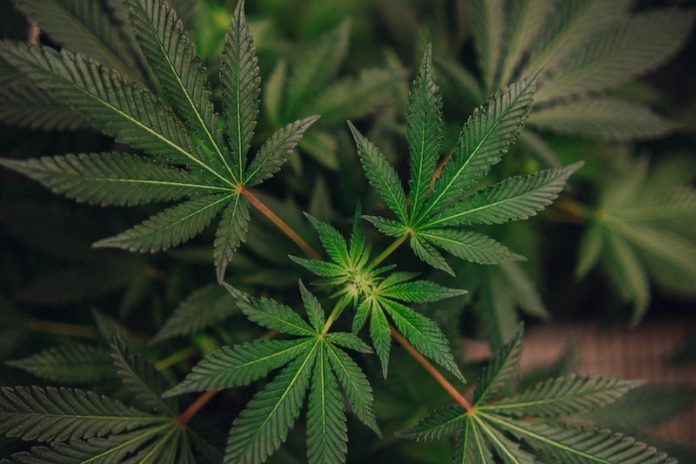
A study published in JAMA Psychiatry found that Cannabis Use Disorder (CUD) is linked to a higher risk of both psychotic and nonpsychotic bipolar disorder, as well as unipolar depression.
The researchers, led by Dr. Oskar Hougaard Jefsen from Aarhus University Hospital-Psychiatry in Denmark, carried out a prospective, population-based cohort study involving more than 6.6 million individuals, accounting for a total of over 119.5 million person-years of follow-up.
The study revealed that CUD was associated with a higher risk of unipolar depression, including both psychotic and nonpsychotic forms, with hazard ratios of 1.84, 1.97, and 1.83 respectively.
Additionally, cannabis use was associated with an elevated risk of bipolar disorder in both men and women, with hazard ratios of 2.96 and 2.54 respectively.
A significantly higher risk was observed for psychotic bipolar disorder (hazard ratio, 4.05) and nonpsychotic bipolar disorder in both genders (hazard ratios, 2.96 and 2.60).
Interestingly, while CUD was linked to a higher risk for both psychotic and nonpsychotic subtypes of bipolar disorder, this was not seen in the case of unipolar depression.
The authors concluded that these findings have significant implications for the legalization and control of cannabis use, suggesting that further consideration and potentially more stringent controls may be required when developing policies and regulations surrounding the substance.
If you care about marijuana, please read studies about health threat from marijuana and tobacco smoke, and using marijuana for pain relief may cause these symptoms.
For more information about marijuana, please see recent studies about CBD from cannabis that may inhibit COVID-19 infection, and results showing this stuff in marijuana may improve cognition in Alzheimer’s.
The study was published in JAMA Psychiatry.
Follow us on Twitter for more articles about this topic.
Copyright © 2023 Knowridge Science Report. All rights reserved.



